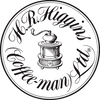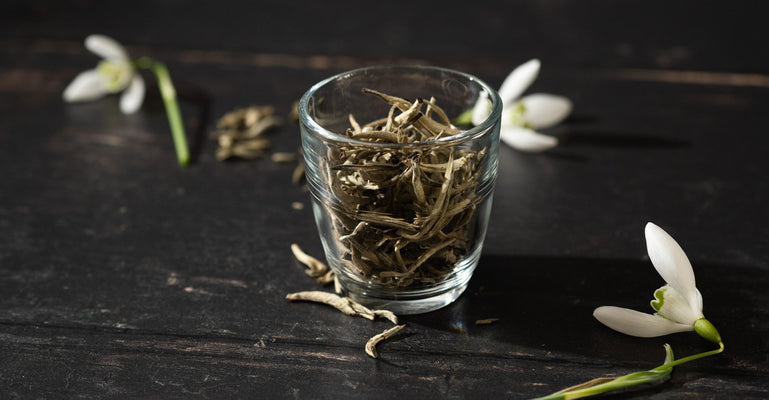How do you come up with a blend?
When my grandfather was a young man training to be a master grocer the shops he worked in all sold coffee. The choices of coffee they offered to their customers were almost all blends. By blending different beans together and keeping the recipes to themselves they could all offer a unique product, a house blend, breakfast blend, after-dinner blend and so on. Just how unique these blends were is anyone’s guess. They would all have been dependent on wholesalers for the coffees they were sourcing and these wholesalers would be selling to a variety of competitive businesses so it is very likely that these blends were either very similar or maybe even identical. In which case it was down to the skill of the roaster to perfect the signature flavour of the coffee.
Our current coffee list is largely made up of single origin coffees and this has been the case for the last forty years or more. We are not interested in keeping secrets from our customers about the origin of our coffee whether they be single origin or a blend. But why have blends at all? All but one of our current blends were either invented by my grandfather or my father. The exception is our 1942 Blend which is my invention. Even as I write this, I am realising that as far as I can remember this is the only blend I have created which has become part of our permanent list, which only shows how focused we are on single origin coffees, especially if you consider that I have now been in the business for over forty years.






